Teeth Grinding at Night? It Could Be Raising Your Blood Pressure
Most people think of teeth grinding — or sleep bruxism — as a dental issue. But new research shows it may be more than that. According to a study published in SLEEP, bruxism is linked to significant spikes in blood pressure (BP) during the night — and this might increase the risk for cardiovascular problems in the long run.
Here’s what the research uncovered — and why it matters for your overall health.
What Is Sleep Bruxism?
Sleep bruxism (SB) is when you grind or clench your teeth during sleep. It’s usually involuntary and happens as part of a brain-body response called rhythmic masticatory muscle activity (RMMA). Most of the time, this occurs during non-REM sleep, often just before you enter REM sleep.
What the Study Found
In a sleep lab setting, researchers tracked blood pressure beat-by-beat in 10 young adults with sleep bruxism and compared them to 9 people without it.
They discovered:
Every SB episode triggered a blood pressure spike
The increase in systolic BP was up to 30 mmHg in some cases — similar to what you'd see during exercise
These BP spikes were greater when SB was accompanied by arousal or body movement
Even clusters of SB episodes (several grinding events close together) caused multiple blood pressure surges in a short period
Systolic BP rose by an average of 30 mmHg during SB + body movement episodes, while diastolic BP jumped up by 19 mmHg
(Nashed et al., 2012)
Why This Matters
Even though these blood pressure surges are short-lived, they happen multiple times per night, potentially adding up to thousands of mini BP spikes each year.
High blood pressure is a known risk factor for:
Heart disease
Stroke
Kidney disease
If bruxism is contributing to BP variability — especially in vulnerable people (like those with diabetes or existing heart issues) — this could be an important piece of the health puzzle.
What Causes the BP Spikes?
Bruxism is often linked to:
Cortical arousals (micro-awakenings in the brain)
Increased sympathetic nervous system activity (your “fight or flight” system)
Body movements that raise your heart rate
The BP surge typically begins just before or during a grinding event, and it lingers even after the event ends — especially for systolic pressure, which often remains elevated for the rest of the recording window.
Should You Be Worried?
If you grind your teeth occasionally, probably not.
But if you:
Grind nightly
Wake with jaw pain or headaches
Have signs of tooth wear
Have a history of high blood pressure or cardiovascular disease
…then it’s worth getting evaluated — not just by your dentist, but also for a sleep study.
What Can You Do?
Get screened for sleep bruxism – A dental sleep specialist can help.
Consider an oral appliance – Custom devices can reduce grinding and possibly lessen BP spikes.
Track your sleep and blood pressure – Especially if you already have hypertension.
Ask about a home sleep study – To see if bruxism is related to other conditions like sleep apnea.
TL;DR
Sleep bruxism may seem harmless — but it’s linked to sudden blood pressure surges during the night. Over time, this could add stress to your heart and blood vessels. The good news? There are simple, effective ways to manage it once it’s properly diagnosed.
Source:
Nashed A et al. Sleep Bruxism Is Associated with a Rise in Arterial Blood Pressure. SLEEP. 2012; 35(4): 529–536.https://doi.org/10.5665/sleep.1740
